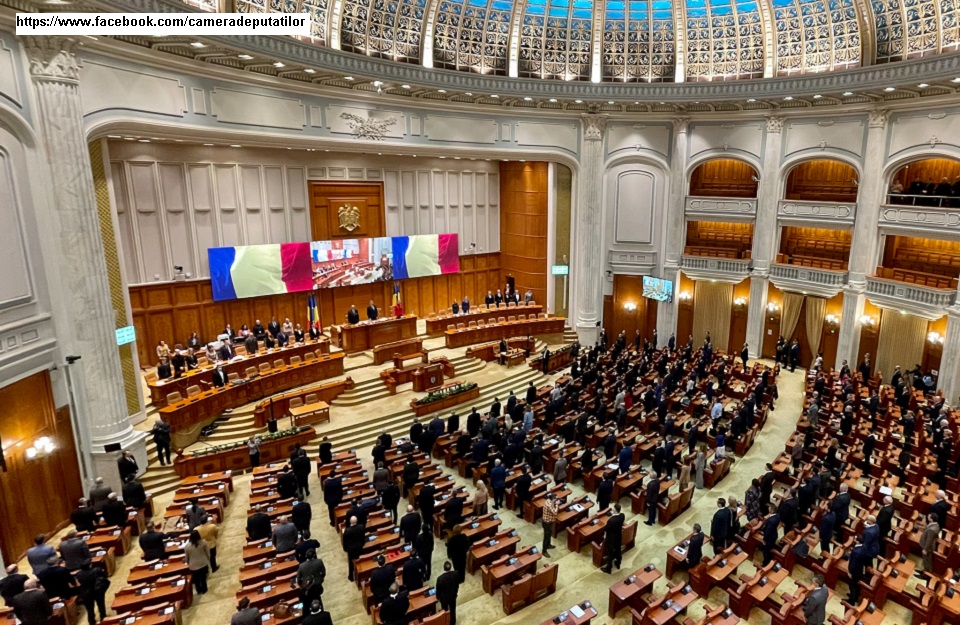The structure of the new Parliament
The future Parliament of Romania will comprise 7 parties, four pro-European and three self-proclaimed sovereigntist

Ştefan Stoica, 09.12.2024, 14:00
2024 saw local, European, parliamentary and presidential elections in Romania, and the young democratic state did not handle the election marathon well. On December 6, just two days before the second round of the presidential election, the Constitutional Court annulled the election, claiming the electoral process was encroached upon. According to the Court, the freely expressed nature of the vote was violated by a campaign seeking to disinform voters, one where independent candidate Călin Georgescu, the winner of the first round of the presidential election, benefited from aggressive promotion, circumvented national electoral legislation, by abusing social media platform algorithms and the lack of specific electoral advertising regulations.
The victory in the first round of a pro-Russian extremist strengthened the entire self-proclaimed sovereigntist movement. Sovereigntist is the term widely adopted by ultranationalist parties, often with xenophobic and anti-Semitic, populist views, voicing fierce criticism against the EU and NATO, and spreading conspiracy theories. Three representatives of this movement, the Alliance for the Unity of Romanians (AUR), SOS Romania and POT (The Young People’s Party) entered Parliament, the first with a very good score, following the December 1 parliamentary election, held just a week after the first round of the presidential election. For this very reason, DREPT party referred the election to the High Court of Cassation and Justice, challenging its fair organization. DREPT claimed that, throughout the November election campaign, foreign interference, illegal financing, neo-legionnaire propaganda and the influence of various underworld crime figures had been officially documented. However, the Court rejected its request to annul the parliamentary election, which means that, on December 21, Romania will have a new Parliament.
The Social-Democratic Party (PSD, currently part of a ruling coalition with the National Liberal Party – PNL), grabbed the largest number of MP seats, 120, followed by AUR, with 93 and PNL, with 71. The fourth-largest parliamentary party will be USR – the Save Romania Union, with 59 elected representatives. The SOS România party, will be represented by 40 MPs, and the Democratic Union of Ethnic Hungarians (UDMR) and POT, each by 31. The Chamber of Deputies also includes the national minorities group, which holds 19 seats. Two more parliamentary seats will be assigned. Two senators and four deputies will represent Romanians in the diaspora in Parliament. Given the fragmented legislature, a stable majority is needed to form a government, ideally by the end of this year.
Inevitably, there will be a ruling coalition, whose urgent mission is to set the calendar for the presidential election. The pro-Europeans, namely PSD, PNL, USR and UDMR, had agreed to form a common front against extremism, but nothing is certain after the cancellation of the presidential election. President Klaus Iohannis is expected to remain in office until the new president is sworn in next year, and many have been quick to analyze his 10-year presidential mandate. (VP)






























